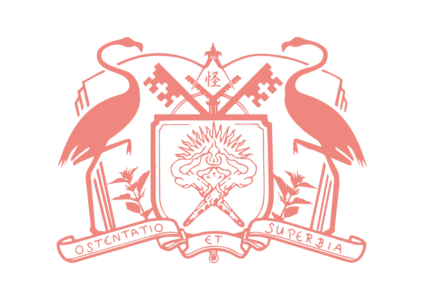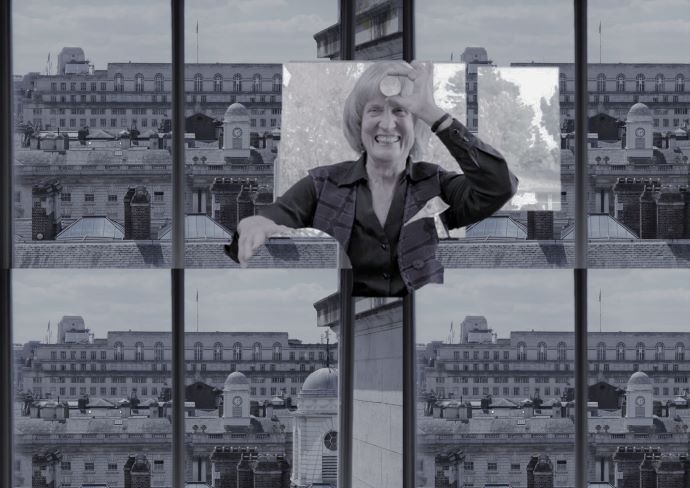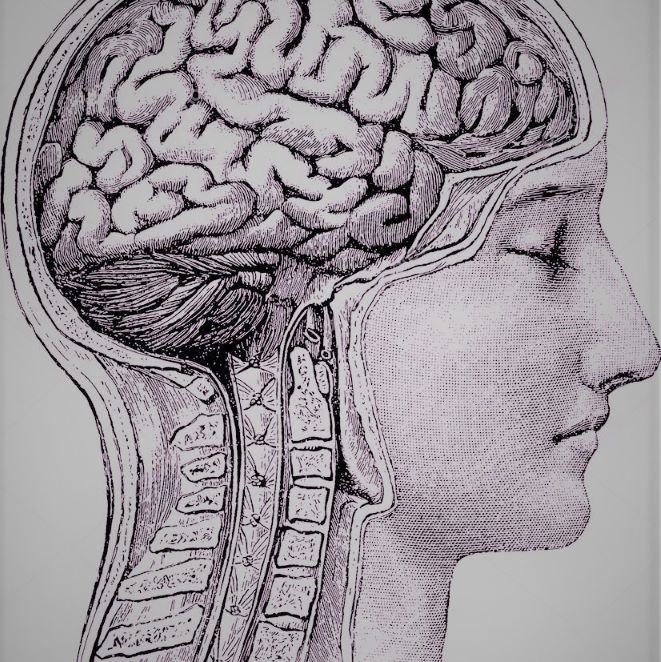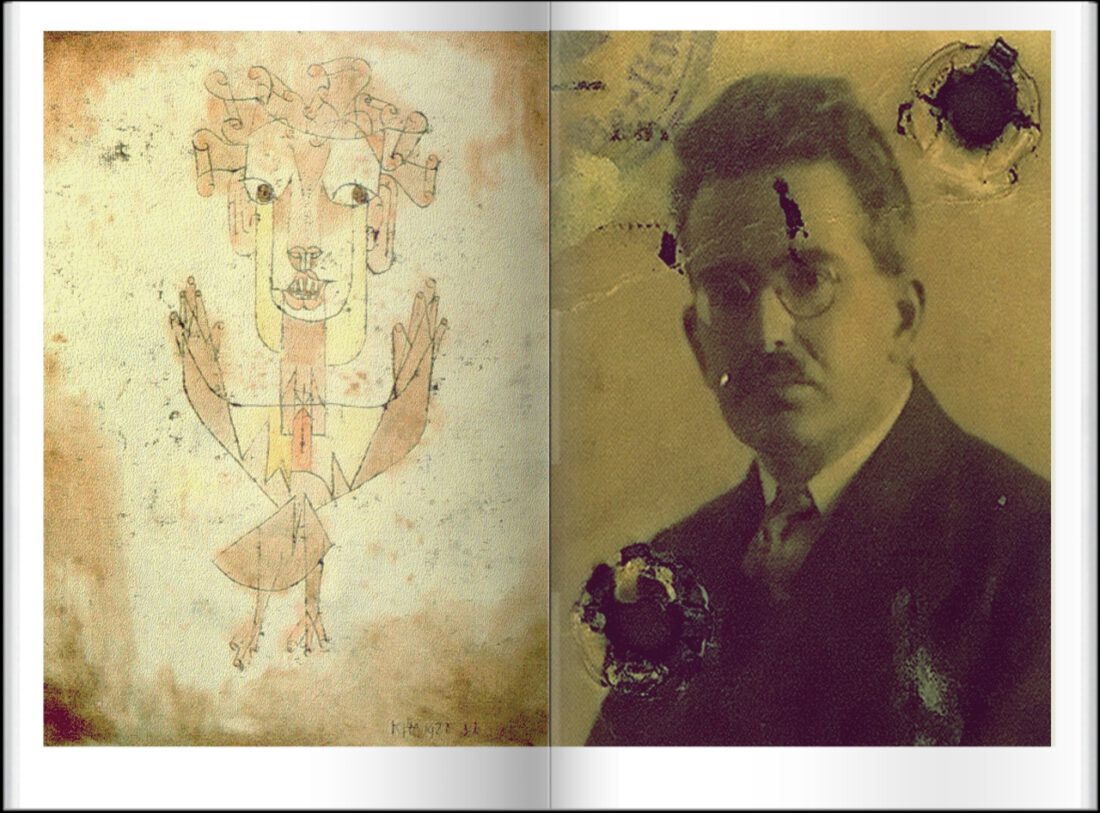Die Ironie ist als rhetorisches Mittel so tief in unserem alltäglichen Sprachgebrauch verankert, dass wir ihre vielfältigen Dimensionen oft gar nicht hinterfragen. Sie kann Witz und Waffe sein, sie kommuniziert Leichtigkeit und dient als sardonische Fassade. In jedem Fall stellt die Ironie ein Instrument der Verfremdung dar, das das Sichtbare trüben und das Trübe sichtbar machen kann.
Diese inhaltlichen Leuchtfeuer umfassen von längeren Arbeiten bis hin zu Berichten, Rezensionen und kurzen Statements alles, was uns gefällt (oder auch nicht.)
Wider den Adultismus, Jugend ist Tugend!
Wenn Demokratie ein Fußballspiel wäre, welchen Platz würden Jüngere darin einnehmen? Wären sie Teil des Spiels, um auf dem Feld für den Sieg der eigenen Ideen zu kämpfen? Wären Sie Bankdrücker, die nur dann aufs Feld dürfen, wenn die Gestandenen es bereits vermasselt haben oder das Ergebnis schon so absehbar ist, dass kein „Schaden“ mehr entstünde?
A Sketch of Modern Antisemitism and Racism
In the first part of this essay, I seek to briefly elucidate how Moishe Postone distinguishes modern antisemitism from other forms of racism. Following that, I aim to demonstrate how, in spite of its specificity, the former is able to work in tandem with the latter.
A Syntax of Brainwaves
In this article, after explaining some fundamental linguistic terminology and summarising the main differences between the Essentialist (“Chomskyan”) approach and two other important tendencies in linguistics, I will argue that, in addition to the study of performance, neuroscience can also contribute to the development of theories of competence, on the basis of recent studies which show a relationship between abstract, “higher” linguistic structures and concrete, “lower” electrical behaviours of neurons.
Er wird gemerkelt haben
Ein vorausschauender Rückblick auf die Legislatur Scholz I im Futur II
Die Zeitreise als Kunst und Notwendigkeit
Allerorten hört man von der Absicht, aus der Geschichte lernen zu wollen. In der Geschichtswissenschaft stößt diese jedoch meist auf Skepsis. Was also hat die Geschichte über die Zukunft zu sagen? Und wie kann die Geschichtswissenschaft, frei nach Marc Bloch, mehr sein, als eine reine Klugheitslehre?
Über das Denken im Post-Prüfungsphasen-Wasteland
Wie lernen wir? Was ist gute Philosophie? Ist es wirklich Geistesfreiheit, sich durch Prüfungen und Studium zu schleppen - und wenn nicht, wo ist die Bildung und die Autonomie des Verstandes dann? Ein Versuch über das Philosophieren als Unterart der Fanfiction.
Wege aus der Schwerelosigkeit
Konfuzius, beliebt für Teebeutelsprüche und Kühlschranktürmagneten, mag nicht wie eine erste Wahl für die philosophische Reflexion über Freiheit, Individuum und Weltbezug wirken. Es sei denn, man liest ihn.
Die relativistische Gefahr?
Was ist ein Faktum? Auf was einigen sich WissenschaftlerInnen, wenn sie der Meinung sind, eine Sache sei "wahr"? Ist das schon eine soziale Konstruktion? Und wo liegt der Unterschied zur bloßen Konvention - oder zur Lüge? Ein Essay über die Provokation(en) Alan Sokals.
Das Unbehagen in der Geschichte
Walter Benjamins "Über den Begriff der Geschichte" war Benjamins letzter Text vor seinem Selbstmord 1940. Kryptisch, emanzipatorisch und auf Seite der Unterdrückten entfaltet er in seinen Thesen eine Geschichtsphilosophie, die sich sehen lassen kann. Warum sie zeitlos bleibt, lässt sich hier lesen!










